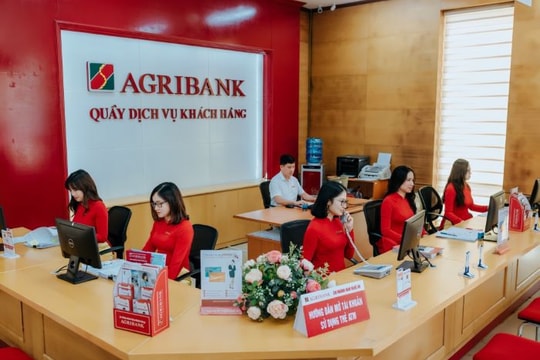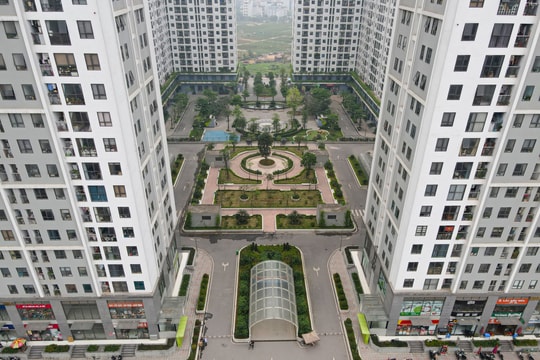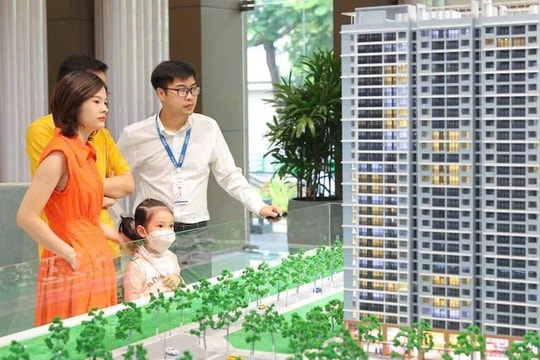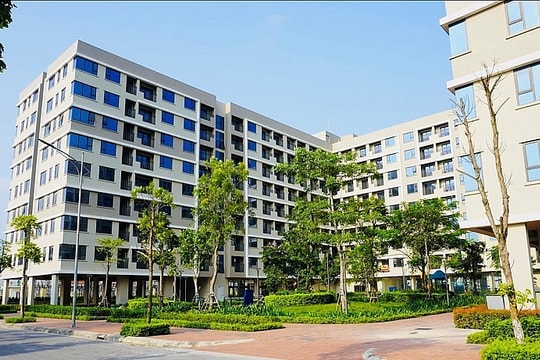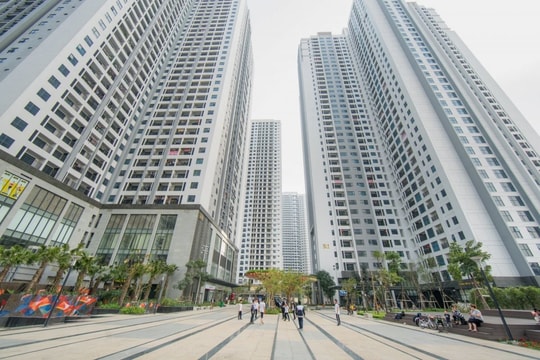Outstanding real estate credit continues to increase
According to statistics, bank credit for real estate loans is still growing, showing that the market has not seen any sudden shifts in other investment capital flows. Despite the impact of the Covid-19 pandemic, outstanding real estate credit continues to increase.
According to the Director of the Department of Housing and Real Estate Market Management (Ministry of Construction) Ha Quang Hung, the current ratio of short-term capital for medium and long-term loans has decreased from 45% to 40%. The new regulation on reducing the ratio of short-term capital for medium and long-term loans, the general credit demand has decreased due to the Covid-19 epidemic, but real estate credit has maintained growth. The main source of capital supply for the real estate market is bank credit, but in the past year, there has been an attraction of other capital sources such as: personal investment capital, remittances and capital from the issuance of stocks and bonds of listed enterprises and FDI capital.
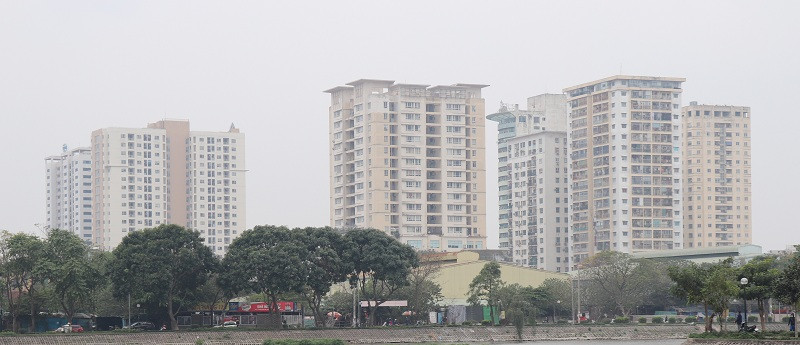 |
| The proportion of outstanding real estate credit for the entire industry has increased but is still at a safe threshold. Photo: Internet |
In addition to continuing to make loans to businesses, the banking system also beganlower home loan interest rates, such as: at VPBank (from 5.9%/year in the first 3 months, 7.9%/year in 6 months or 8.9%/year in the first 12 months); BIDV (from 7.6%/year in the first 12 months or 9.2%/year in the first 36 months); Vietcombank (from 6.79%/year, fixed in the first 6 or 12 months); Even the home loan interest rate at OCB bank is below 5%/year (the project home loan interest rate of 4.99%/year is applied by OCB in the first 3 months for customers with loans of 48 months or more; other cases are loaned at an interest rate of 7.99%/year in the first 6 months).
“In general, compared to the end of 2019, the first year fixed home loan interest rate has been lower and is currently trending down to the lowest level in the past 10 years. However, the proportion of outstanding real estate debt for the whole industry has increased, if in 2019 it accounted for 6.37%, then by the end of this period it increased to 7.2%” – Mr. Ha Quang Hung said.
Deputy General Secretary of the Vietnam Real Estate Association Nguyen Van Dinh said that the outstanding real estate credit balance has increased recently, but is still at a safe level, the demand of the real estate market has increased sharply due to the shift of investment from other economic sectors, increasing the market investment demand by about 30%.
Meanwhile, market demand is still very large, so at least in the short term of 1-2 years, the market will hardly experience a freeze or bubble.

